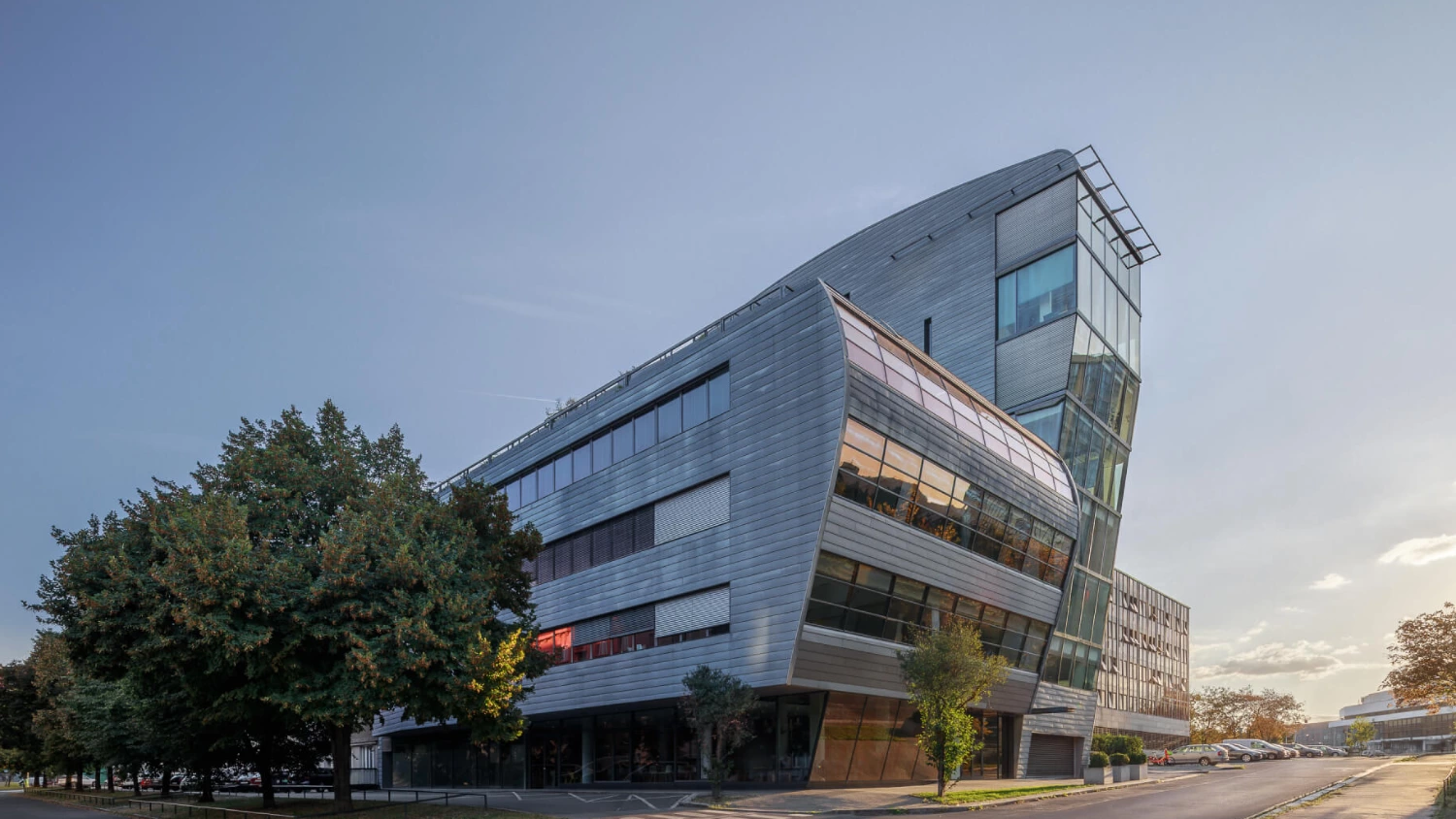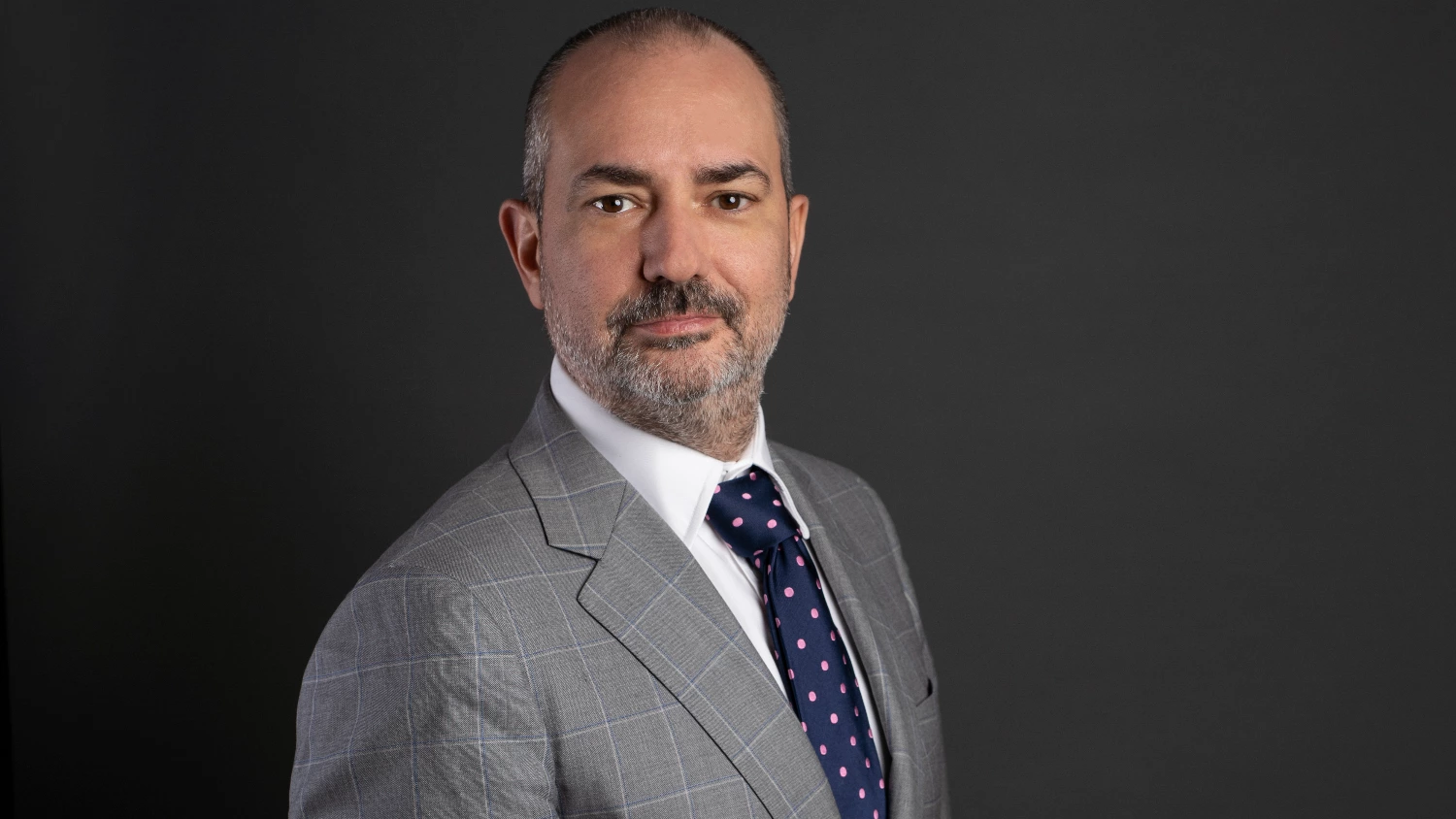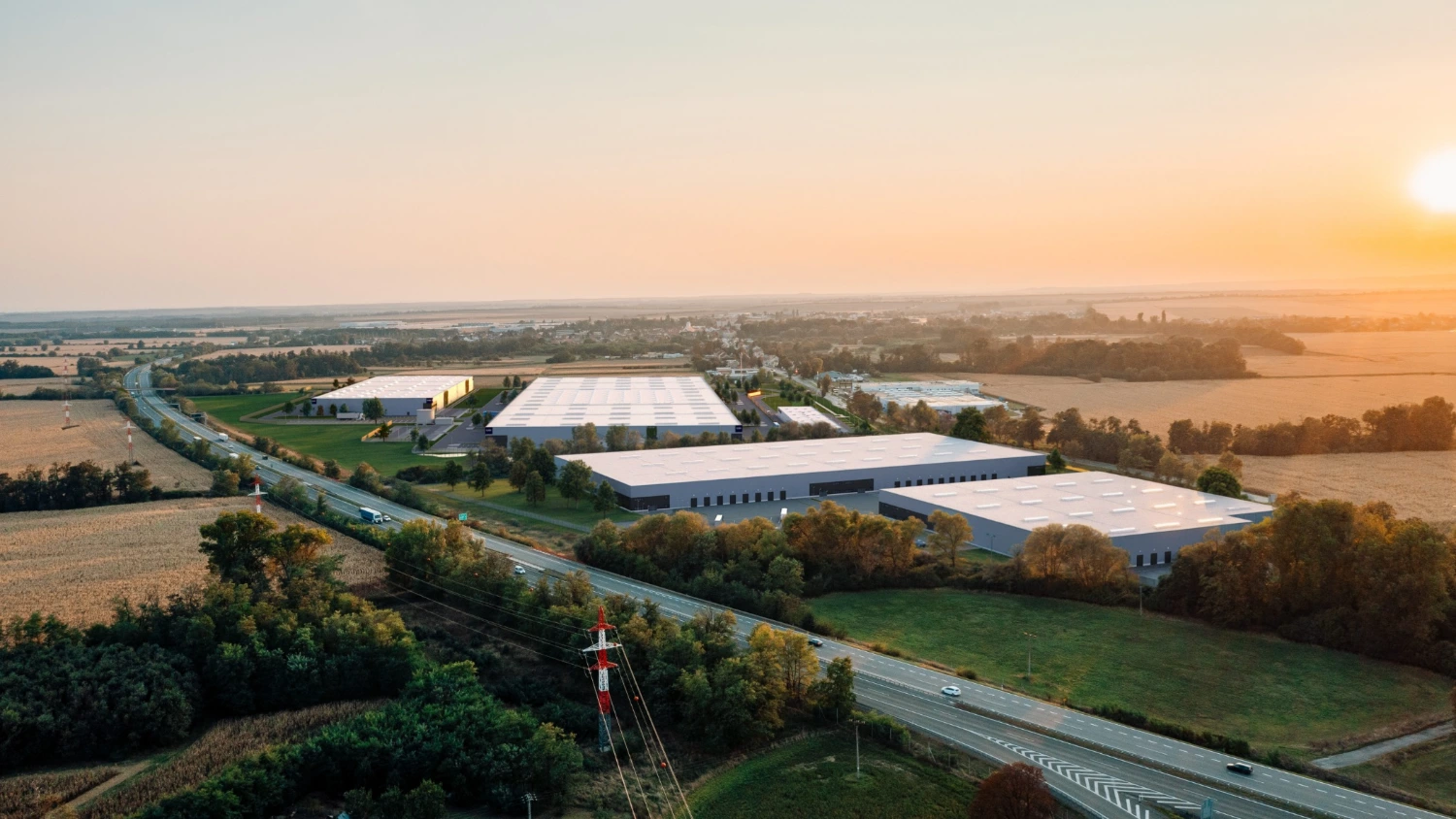This age group spends 12% more time working from the office than older cohorts and is strongly focused on wellbeing. In 2019, Baby Boomers and Generation X comprised about 60% of the global workforce. But by 2034, Millennials, Gen Z and Gen Alpha will make up about 80% in advanced economies. As these younger generations join the workforce, they are prioritising their health and mental wellbeing – and they expect their workplace to support it.
„In Prague, we are seeing a similar trend. Average physical occupancy has already exceeded 60% and continues to rise. The busiest office days remain Monday through Thursday, while Friday tends to be more flexible. Hybrid work is evolving, but the office remains a critical tool for collaboration and company culture,“ says Pavel Novák, Head of Office Agency at Savills.
The focus on wellbeing is reflected by the number of buildings seeking accreditation from the WELL Building Standards programme. Since 2020, there has been around a 300% increase in real estate enrolled in one or more WELL programmes. “WELL certification is currently limited to a select number of top-tier buildings in Prague. However, it is becoming increasingly common across new and planned developments. While this shift drives higher standards, it also comes with increased costs, which are gradually being reflected in rental levels”, adds Pavel Novák.
Companies are rethinking what a “prime” office means. Today's workplaces must offer more than just a physical space. These spaces need to provide a hub for collaboration and connection, while also supporting diverse workforces. Key to the success of the modern prime office is amenity, both in the building and the immediate local area.
Hybrid working policies have evolved significantly in the past five years and are still changing. While many businesses have embraced flexible working models, the balance of in-office and remote work varies according to factors such as local-market preferences, infrastructure and housing affordability.













